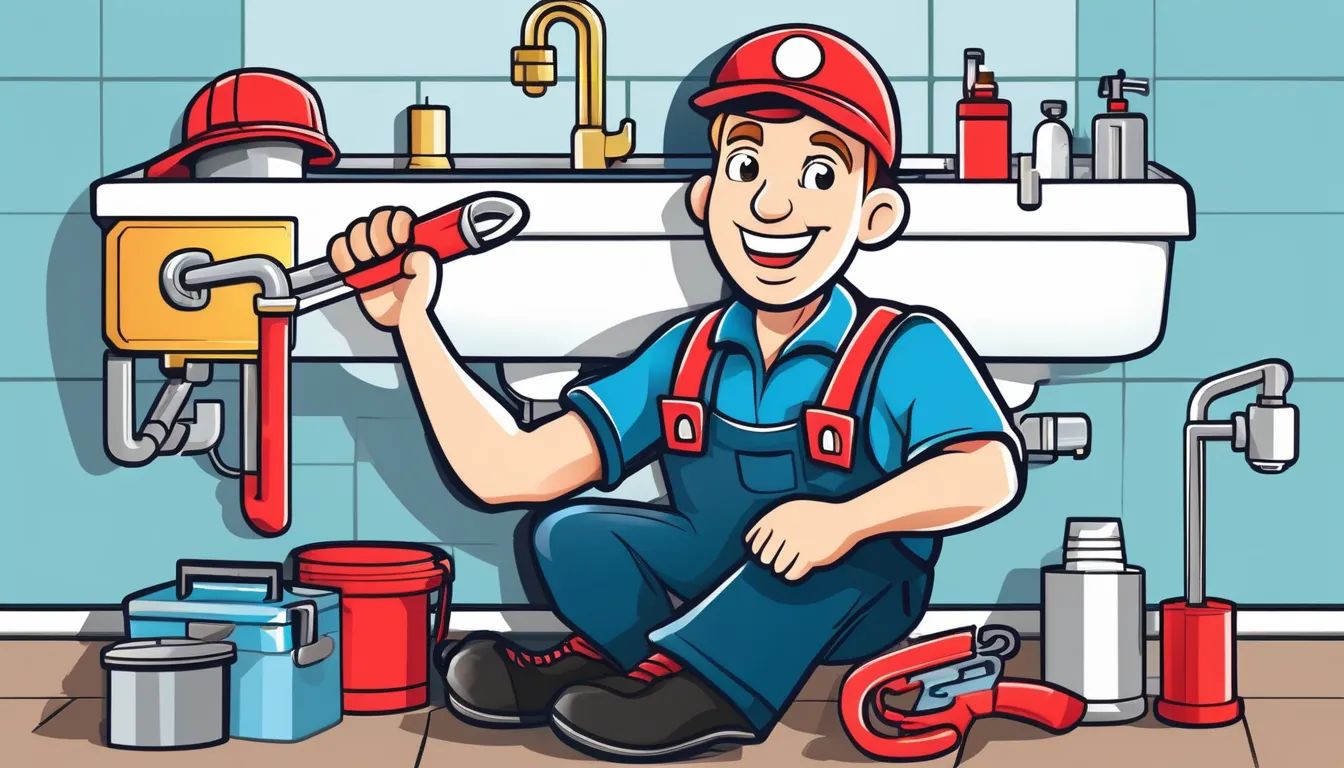You're likely no stranger to the concept of bankruptcy, but do you fully understand the protections it offers to consumers? When you file for bankruptcy, an automatic stay is triggered, temporarily halting creditor harassment and foreclosure proceedings. But what does this mean for your assets, and how can you ensure they're safeguarded throughout the process? As you navigate the complex world of bankruptcy law, it's essential to grasp the relationship between these laws and your consumer rights. What specific safeguards are in place, and how can they be effectively leveraged to your advantage? bankruptcy attorney texas.
Understanding Automatic Stays
When you file for bankruptcy, one of the immediate benefits you'll experience is the automatic stay, a court order that temporarily stops most collection activities against you. This means that creditors, collection agencies, and even government entities will have to put their collection efforts on hold, giving you some breathing room to focus on your financial recovery.
The automatic stay can be a powerful tool for halting foreclosure proceedings, wage garnishments, and other debt collection tactics that can be damaging to your credit and financial well-being.
However, it's essential to understand that the automatic stay isn't a permanent solution and typically lasts only as long as your bankruptcy case is active.
During this time, creditors can't initiate or continue lawsuits, repossess property, or send you threatening letters or phone calls.
If a creditor violates the automatic stay, you can file a motion with the bankruptcy court to enforce the stay and potentially recover damages.
Creditor Harassment and Abuse
You may have already experienced creditor harassment and abuse firsthand, with relentless phone calls, threatening letters, or intimidating visits to your home or workplace.
These tactics can be emotionally draining and stressful, making an already difficult financial situation even more unbearable. Creditor harassment and abuse are serious issues that can have a significant impact on your well-being and financial stability.
Under bankruptcy law, you have the right to protection from creditor harassment and abuse. The automatic stay, which we discussed earlier, prohibits creditors from contacting you or taking any collection actions while your bankruptcy case is pending.
If a creditor continues to harass you after you've filed for bankruptcy, you can file a complaint with the court and seek damages.
It's essential to keep a record of any creditor harassment or abuse, including dates, times, and details of the incidents.
This documentation can be used as evidence in court to prove that the creditor has violated the automatic stay or engaged in abusive practices.
Distribution of Assets Explained
The distribution of assets is a critical component of the bankruptcy process, and it's essential to understand how it works.
As you navigate bankruptcy, you'll need to know what happens to your assets and how they'll be distributed among your creditors.
In a Chapter 7 bankruptcy, a trustee will be appointed to oversee the distribution of your assets. They'll gather and sell your non-exempt assets, such as investments, real estate, or other valuable items, to pay off your creditors.
The distribution of assets follows a specific order, with priority claims being paid first.
These include taxes, wages owed to employees, and other essential expenses.
Next, secured creditors, such as mortgage lenders or car loan providers, will be paid from the proceeds of the sale of the collateralized assets.
Finally, unsecured creditors, such as credit card companies or medical providers, will receive a portion of the remaining funds.
Understanding how the distribution of assets works can help you make informed decisions about your bankruptcy case.
Bankruptcy Exemptions for Consumers
Bankruptcy exemptions play a vital role in protecting your assets from creditors. When you file for bankruptcy, you're allowed to keep certain assets, known as exemptions, which are essential for your well-being and daily life. These exemptions vary by state, but common examples include your primary residence, vehicle, and personal belongings like clothing and furniture.
In Chapter 7 bankruptcy, exemptions determine which assets are protected from liquidation. If an asset is exempt, you get to keep it, and the trustee can't sell it to pay off your creditors.
In Chapter 13 bankruptcy, exemptions affect how much you'll have to pay your creditors through your repayment plan. The more assets you can exempt, the less you'll have to pay.
It's essential to work with a bankruptcy attorney who's familiar with your state's exemptions to ensure you're taking advantage of all the exemptions available to you. They can help you navigate the complex process and make informed decisions about which assets to exempt.
Protecting Consumer Rights Proceedings
Protecting Consumer Rights Proceedings
Filing for bankruptcy can be a complex and intimidating process, but it's essential to remember that consumers have rights that must be protected throughout the proceedings.
You have the right to be notified of all major events in your bankruptcy case, including the sale of assets or the rejection of your discharge. You also have the right to object to any motions filed by your creditors or trustee, and to participate in all hearings and meetings.
If you believe your rights are being violated, you can file a complaint with the bankruptcy court or seek the assistance of a consumer protection agency.
You may also want to consider hiring an attorney who specializes in consumer bankruptcy law to help you navigate the process and protect your rights. Additionally, you can request a hearing to address any concerns or objections you may have about the bankruptcy proceedings.
Conclusion
You've made it through the complex world of bankruptcy law and consumer rights. Understanding the automatic stay, creditor harassment laws, and bankruptcy exemptions can be a game-changer. By knowing your rights, you can protect your assets and confidently navigate the bankruptcy process. Remember, it's essential to be aware of your protections and ensure they're upheld throughout proceedings, securing a smoother journey to financial recovery. You're now better equipped to take control of your financial future.


